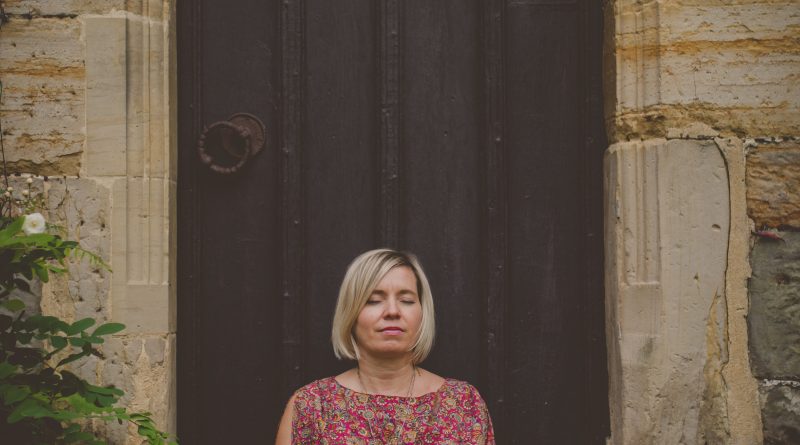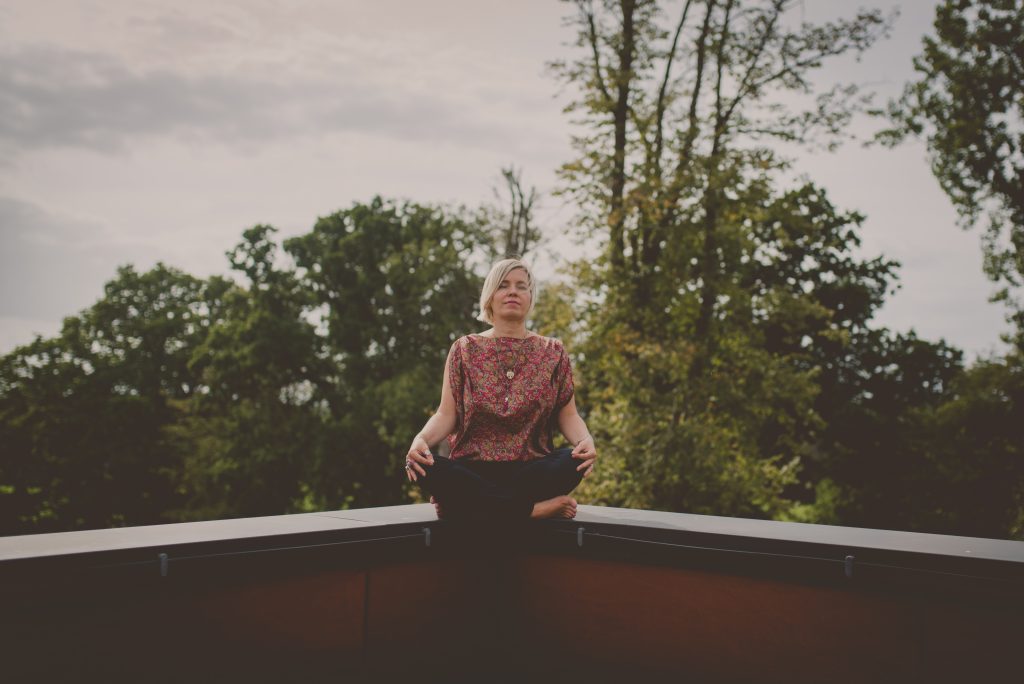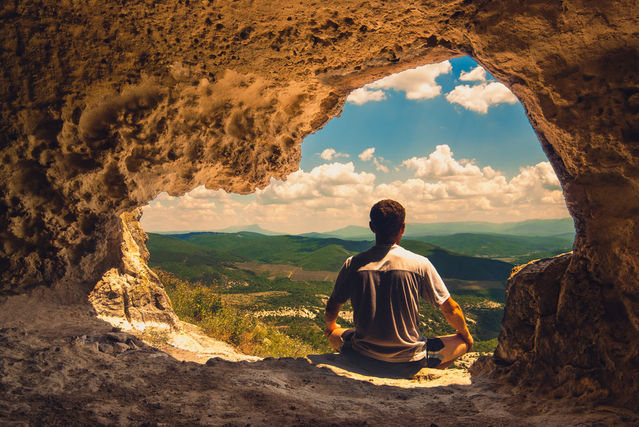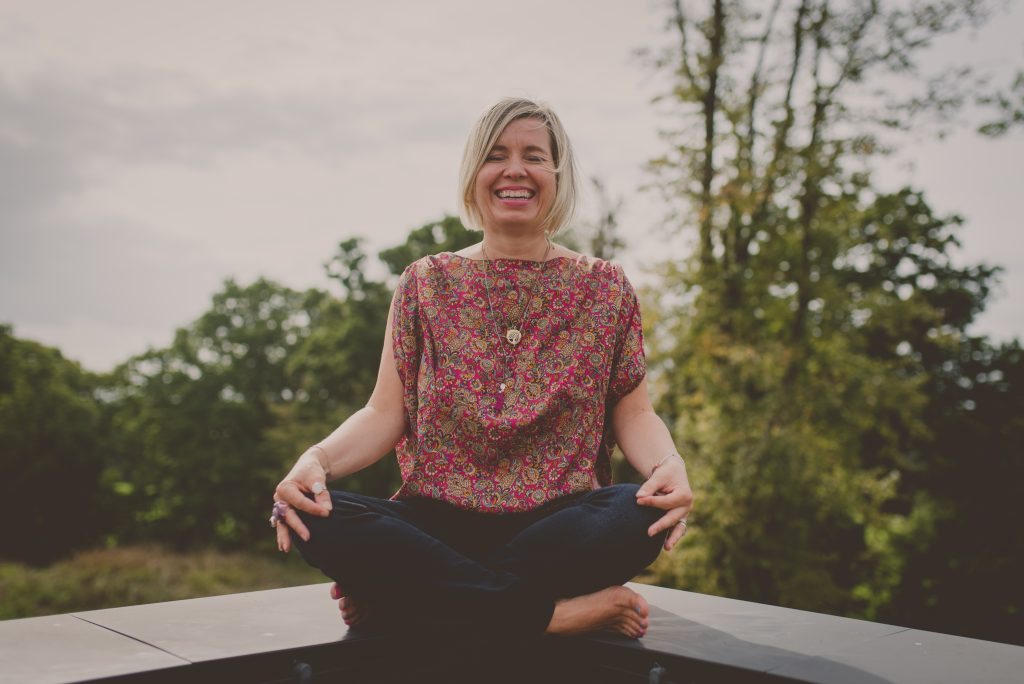Wednesday Wellbeing: Meditation by Zoe
Meditation – the most effective wellbeing hack ever?
Last week I shared some epically personal insights into my alcohol-free journey. The response was phenomenal, so, naturally I thought how can I top that?! Not that it’s a competition, she smiles, knowing she’s worked hard to shed those ego driven qualities of perfectionism and competition within oneself!
It is true that a lot of people read my post on stopping drinking and perhaps it provided a vehicle for self-reflection? So it’s not a competition but I’m even more driven to share meaningful content with you which includes insights into lifestyle choices that really do have the potential to elevate your health and wellbeing.
I know only too well from my own exploration and experiments, as well as coaching clients, that feeling well and well-being, mean different things to different people and this also impacts on the action they take or feel able to take. The one habit I firmly stick to and credit with having had a significant impact on my general wellbeing is a daily meditation practice.
Now before you switch off and think argh ….. ‘but I can’t do that,’ ‘I’ve tried meditation, it doesn’t work for me,’ ‘I can’t seem to stop my thoughts, my brain is so busy.’ “No time in my day for that.” “I don’t know how to do it.” “I’m not one of these people that can meditate, I just can’t.” Or “I can’t keep still long enough.’ “I never know if I’m doing it ‘right’.” The preconceptions and responses to this ‘practice’ or lifestyle hack are wide and varied. I know, I hear them frequently when I run wellbeing sessions or a client agrees to meditate as part of the actions they wish to be held accountable to. But before you dismiss it, I can share from my own experience that meditation, of some form and of some duration each day, really does have the potential to impact your health and your wellbeing and I’d even go as far as to say up-level it at any point. There are many research studies out there to support the impact and benefits.
I first developed a regular mediation practice when I was a few years in to life as a legal academic, so around 10 – 12years ago. It may sound naive but it truly surprised me how stressful life as a teacher at university could be! The competing demands, working in a competitive environment, researching and working with the law, plus finding ways to convey and deliver content and knowledge to students using innovative teaching pedagogy was and still can be very intense along with other responsibilities. I knew I loved the job, particularly the students and the teaching but I wasn’t happy inside and felt frequently overwhelmed, burdened and got sick a hell of a lot. I also felt uncomfortably ‘stretched’ balancing all the requirements alongside home life with a young son.
This started to become noticeable to those around me in the behaviour I displayed and the lack of patience and time I had for things. The outward manifestation of stress. I had a real wake-up call one day when Isaac (my son) and I were on the school run zipping along in my Alfa, no school buses for us, we were sadly out of the area! He turned to me and said “Mum, why do you do that job if it doesn’t make you happy?!” A watershed moment in so many respects. If my son could see what was happening for me it was time I had aproper ‘reality check’ too. How long can and do we live with stress and the physical symptoms it produces? Something had to change. I knew this too. I decided I had to take some serious action to support myself so I could get perspective, feel in control and see things for what they really were.
Just as with knowing I wanted to have some time off the booze, the answer was already within me – meditation, immediately came to mind. I’d dabbled in the past and attended courses at the Buddhist Centre in Brighton. It always felt good and I slept so well afterwards and felt super chilled but I wasn’t practising every day as is recommended. So,while I gained short-term benefits after a class, I wasn’t reaping or experiencing the potential longer-term benefits research proves are possible. All the research and believe me I had read it, seemed to suggest daily meditation could help.
How did I do it?
This may sound easy but it isn’t necessarily so, although it helps I’m disciplined when I set myself a goal, I was also motivated. I made the commitment to meditate twice a day – non-negotiable. It was simple. I didn’t share this with anyone, I didn’t make a big announcement or post it on Facebook, or over on the Gram, or on Twitter or with friends.
I just made the commitment to myself. I didn’t even share it with my family. I knew I needed to take personal responsibility and take the action.
I decided to use the Headspace app as my go to, to support me. I reviewed my schedule to find times where it could fit in so I knew I could establish the new habit.
For me it was first thing in the morning, immediately on waking. I stuck to this no matter where I was in the world or what time I had to get up in the morning even if it was 4.30am! I also set time aside to do the same before I went to sleep at night.
I started with 10 minutes morning and night. It wasn’t always perfect, my mind busy and full, or I may have felt tired and not committed but I continued and stuck to it. I changed things up by exploring other types of meditation too or by signing up to free opportunities. The Deepak Chopra and Oprah series was a favourite in the beginning. If I’d had a tough day I came home and added in an extra session!
The benefits started to accrue slowly. On reflection it was a bit like saving up and putting money in the bank. With the cash,we see it building and growing. We don’t always know what we’ll spend it all on, or when it will come in handy say for example in an emergency. But it’s there for when we need it.
Meditation is the same except the benefits get stored in our brain. The science is out there. It begins to change the make-up of the brain, our neurotransmitters and as a result how we perceive and respond to situations along with changes in our emotional capacity, tolerance, behaviour and an increase in compassion and patience. Plus what I really needed, the perspective to see things for what they really were and the ability to take that step back and observe. We can’t see it happening visually, unless we take brain scans, but it’s possible to notice the tangible benefits the result particularly in the first 3 weeks to a month.
These benefits can also be observed and experienced by others around us. In my case this was my husband. After about a month in, we were in Brighton, back in the days when I drank, visiting our favourite wine bar, Ten Green Bottles -it’s still there! My husband leaned over and said quietly: “What have you been doing lately, it’s just you seem different.I can’t put my finger on it but you’re more relaxed, easier, kinder and don’t seem to get so agitated or reactive.’
I smiled widely and explained what I’d been doing. My husband is a night owl and sleeps like a log so he hadn’t been aware of my daily rituals! But he could see and experience the benefits. He was an avid supporter!
The benefits continued to stack up for me. And they were ‘text book’ in terms of their impact:
- An ability to stand back and observe more frequently without the need to offer my perspective or get involved
- relinquishing the need to always ‘be right’ or have things done in a certain way
- the opportunity to be more present in each moment which gave me the chance to feel more in control and to see things for what they were in that particular moment.
- An ability to let things go and get a renewed perspective about what and who was important in my life.
- My anxiety which reared up when I was stressed or overwhelmed decreased too and my immune system seemed to get stronger too. Another benefit evidenced by the research. After longer periods of time it was noticeable I succumbed less to cold and flu viruses. It’s simple, meditation allows the body to relax and have time each day in homeostasis. It eases the impact of stress on the body and helps to mitigate theimpact of the cortisol that’s been pumping wildly through the veins. It also helps to elevate mood and enhances sleep too.
A regular daily practice can be life changing if you can find a way to make it a non-negotiable part of your day. I’ve tried lots of different types of meditation , trained as an instructor and as a yoga teacher. I now love to meditate with chanting, the impact of the sounds and vibrations on the body is an incredible experience. You can notice an impact with a daily commitment from as little as 5 minutes. I know yogis and friends who do it on the tube, it’s a portable habit you can take anywhere.
Tips
In the purest sense, especially when starting out, the aim is simply to allow the body and mind time to just be, nothing more. Commit to it and notice the benefits begin to accrue! It definitely is one of the most effective wellbeing hacks ever!
As always you can find me over on Twitter @ZoeUniBrightonor on the Gram @Zoe.Swan
Until next time, wishing you well with your practice…
Zoe
Health and Wellness Coach
Kundalini Yoga Teacher




